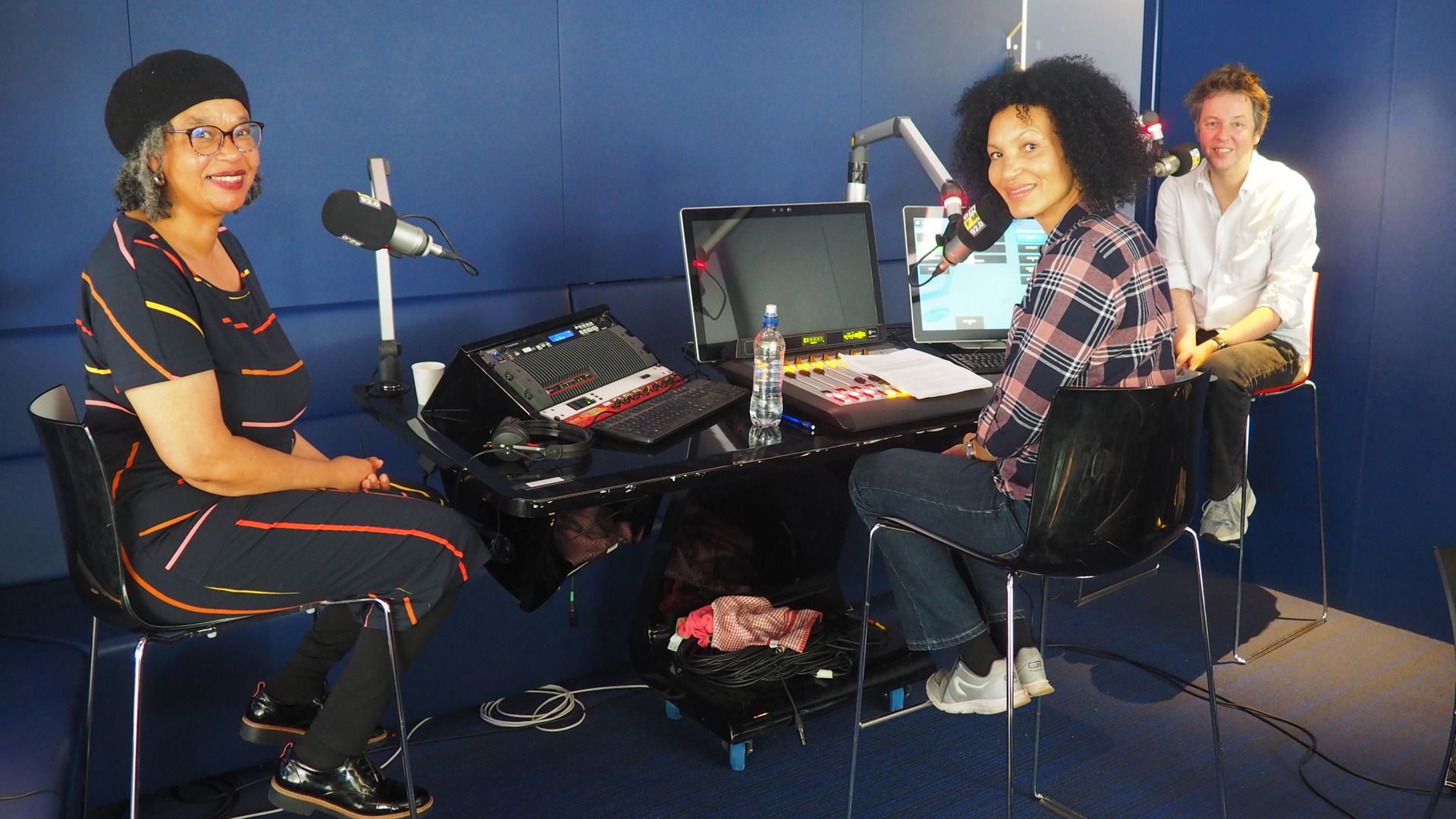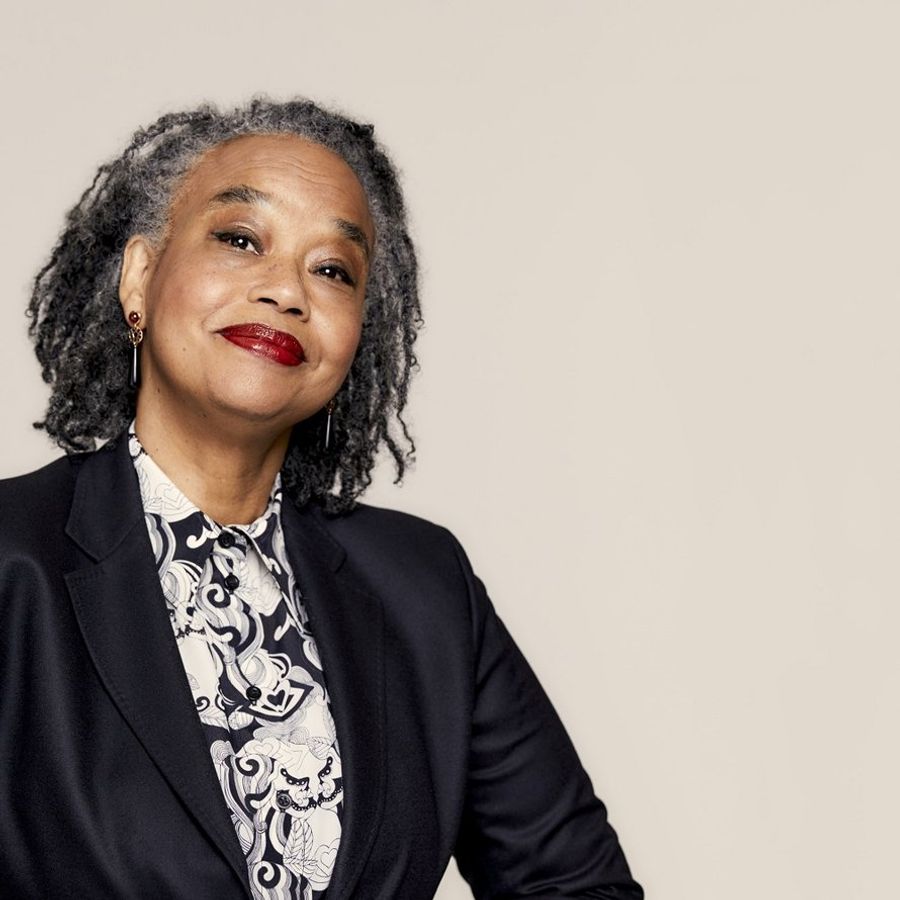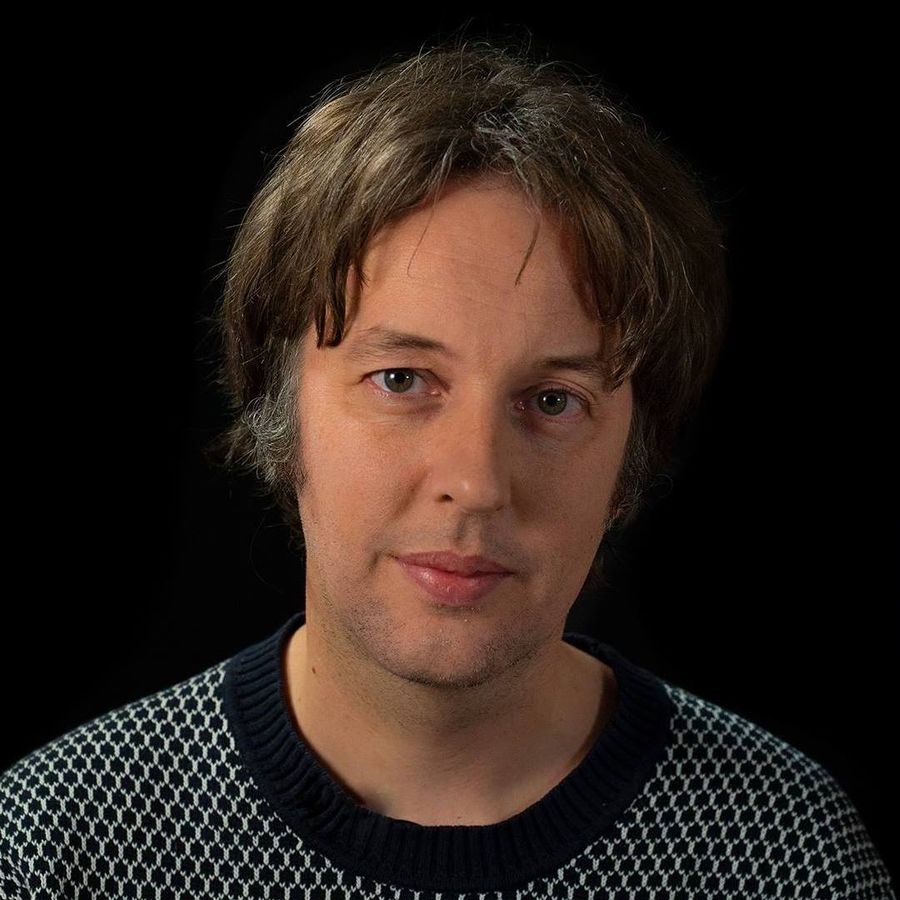
Amare Podcast #1
Inclusiviteit is... gelijkwaardig zijn
Inclusivity means… being equal
March 2021, podcast
Our guests in the first podcast are Ernestine Comvalius, director of the Bijlmer Parktheater, and Joost Heijthuijsen, programmer at Zuiderstrandtheater. Together they reach the conclusion that equality is an essential condition for inclusivity.
“For me it’s only natural to work with a view to inclusivity and diversity,” says Ernestine Comvalius in response to being asked about her motivation with regard to inclusivity. “When I worked at the Press Emancipatie Bureau, I was surprised to find that public authorities treat inclusivity as something very complicated. There’s nothing strange about it, but it needs to be an integral part of your operational management, your vision and mission! I wanted to prove that you can have an inclusive organisation, and so I sought an executive management position.” Krater Theater came first, and since 2009 she has managed the Bijlmer Parktheater. “Inclusivity needs to be encouraged from the top of the organisation”, she adds; “it’s not something you can leave up to well-meaning people on the work floor.”
In Amsterdam’s Zuidoost district, the Bijlmer Parktheater became a place where many people feel at home. This wasn’t just because of the programming. “Another reason is because visitors could identify with the people who work at the theatre. We also work on talent development through our own youth theatre school.” Comvalius also encountered many obstacles. “As soon as you start making theatre with people of colour, municipal workers will classify it as ‘participation’, which is a word I really dislike.”
Joost Heijthuijsen, whose previous job was at the culture department of the City of The Hague, knows what she means. “Everything that was of value for cultural diversity was tucked away under the rubric of ‘integration’. There was no focus on presenting strong artistic narratives with an extensive plot, or the sustainable building or strengthening of initiatives.” Fortunately, thanks in part to The Hague’s policy of creating so-called ‘cultural anchors’ for each city district, the mentality has changed. Comvalius, who played a part in the planning committee, concurs. But the success of the cultural anchors doesn’t mean that the larger cultural organisations can afford to ignore the themes of participation and inclusivity. “Judging by what I observe, there are still huge steps to be taken there.”
Minority or majority?
As a prelude to Amare, Zuiderstrandtheater therefore decided to start working according to other production methods. As Joost Heijthuijsen explains: “There is a ‘Champions League’ of cultural institutions in the Netherlands that have been receiving public funding for some 50 years and are able to produce perfect shows. But as a theatre, you want to give others a chance.” This justifies Amare’s prospective strategy: “The Hague is a city which you would describe, from a western perspective, as one with a 54% minority population. But that’s not a minority! So besides Bach and the Nederland Dans Theater, you need to offer a platform to other cultural canons, from Gnawa to Persian and Indonesian and Hindu traditions.” He therefore invited productions to the theatre with collaborations that crossed borders and shattered taboos.
Comvalius chose to develop a theatre culture and to work with ethnically organised groups that performed in informal and invisible venues at the neighbourhood level. “This resulted in a festival which is still going strong, after 16 years! I’m very proud of that. This also helped to stimulate cultural activity in the city district. We also started up co-creation collaborations with Orkater music theatre. All collaborations were conducted on the basis of equality, with all parties contributing their own expertise. I would like to see more of that!”
An open mind
When Heijthuijsen started as city programmer, diversity was mainly taken to mean: taking theatre to a certain target group. “My first step was to get the target group actively involved in making theatre. But this creates a certain inequality, since such groups are not permanent residents of the theatre such as the Residentie Orkest and NDT, who can impose their own requirements on us. My dot on the horizon is to have four of five regular groups or in-house companies with roots in other cultures. It is a long-term plan requiring patience and persistence, but that’s our dream.” As it is, Zuiderstrandtheater’s city programming is based on the calendar of public and cultural holidays and festivals. Recurrent events include Liberation Day, National Remembrance Day, Diwali, Nowruz, Iftar and Holi. A good approach, says Comvalius.
Heijthuijsen concludes the conversation: “Keep the playing field as wide as possible. Don’t let culture be a small cake, but let it be a patisserie offering a wide variety of small pastries.”



